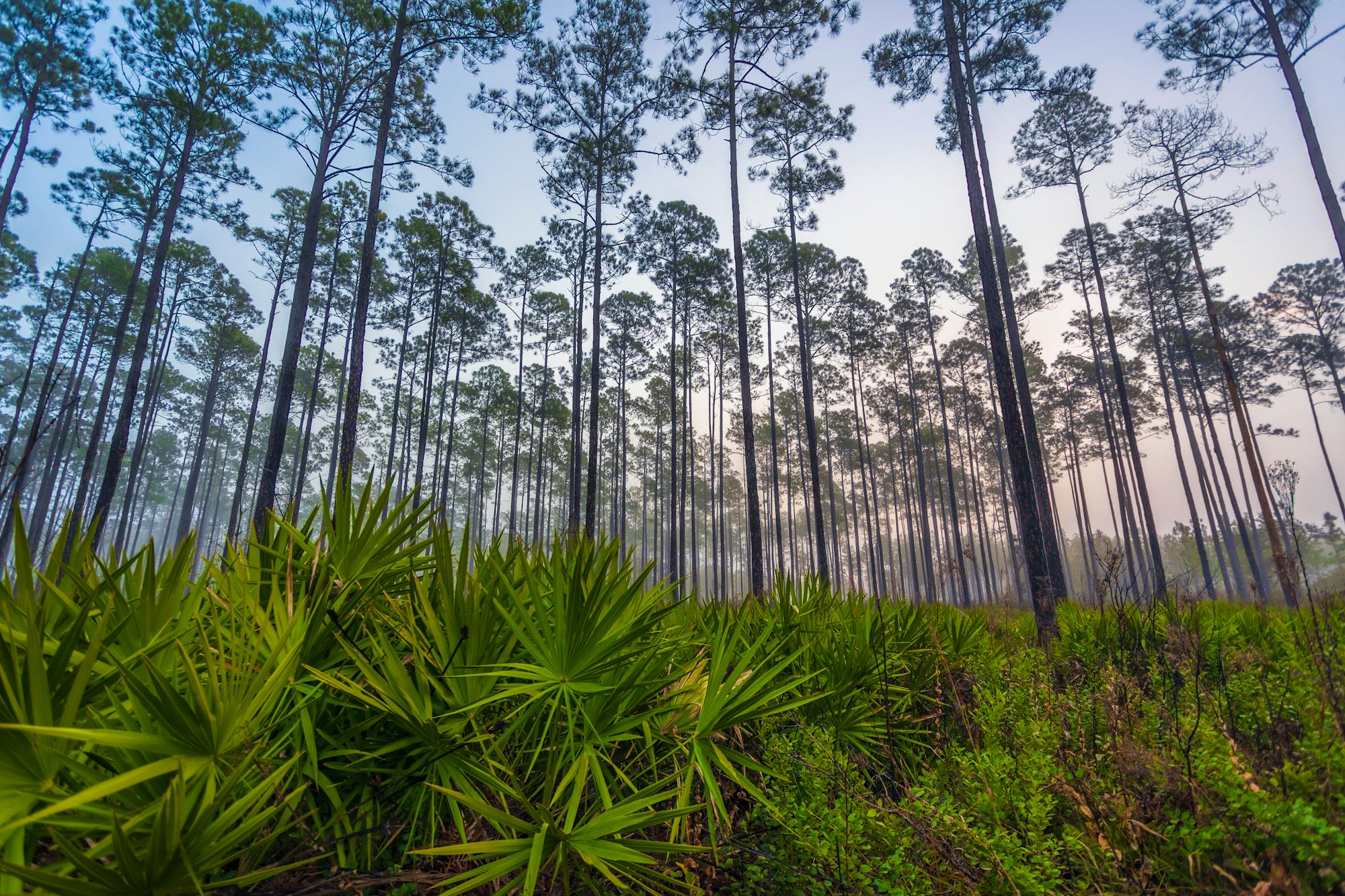On February 8th, a bipartisan group of state legislators in Georgia introduced a bill designed to resolve a conservation challenge that has plagued the Peach State for decades: the threat of mining near the Okefenokee Swamp and National Wildlife Refuge.
House Bill 1289 would ban future mining along the Trail Ridge, a feature that parallels the Okefenokee. Long targeted by a handful of unscrupulous mining interests, the Trail Ridge influences the storage of water in the swamp, acting as a “geomorphological dam.” By destroying its unique soil profile, and pumping groundwater from the swamp’s edge, mining could fatally undermine the Okefenokee’s ability to sustain itself, according to scientists and federal agencies.
For most corporate actors, Okefenokee mining is a fool’s errand—a social pariah and political non-starter. For the leadership of Alabama-based Twin Pines Minerals, however, it’s business as usual in Georgia, having already established a legacy of air pollution, fish kills and overt non-compliance.
In the past six months:
- Over 100 faith leaders called on the state of Georgia to protect the Okefenokee, “a uniquely holy and sacred space,” by rejecting the permits for the mine;
- Two former cabinet members, including Secretary of the Interior, Bruce Babbitt, and Secretary of the Treasury, Hank Paulson; three U.S. Fish and Wildlife Service directors; and two commissioners of the Georgia Department of Natural Resources, among others, expressed their opposition, declaring that the “doorstep of the iconic Okefenokee Swamp is no place for a mine;”
- Numerous counties and cities, including Ware County, Kingsland, St. Marys, Valdosta and Waycross have passed resolutions either expressing concerns with the project or their support for the Okefenokee;
- More than 100,000 people have opposed the project, with over 60,000 submissions already sent to the Georgia Environmental Protection Division, a record for the state;
- And Senator Ossoff (GA-D) and U.S. Fish and Wildlife Service leaders once again expressed misgivings with the project and encouraged the U.S. Army Corps of Engineers and U.S. Environmental Protection Agency to restore federal protections to the project, in December.
Following these developments, Republican Rep. Darlene Taylor, from Thomasville, sponsored the bill, with nearly twenty republican and democratic co-sponsors, which would “prohibit the director of the Environmental Protection Division of the Natural Resources Department from issuing, modifying or renewing any permit or accepting any bond to conduct surface mining operations on the geological feature known as Trail Ridge between the St. Marys and Satilla Rivers for future permit applications and amendments.”
Twin Pines currently has permit applications pending with Georgia EPD. HB 1289 would not affect already submitted applications for the first phase of mining but would prevent future expansion.
On the same day the bill was introduced, Governor Brian Kemp declared it Okefenokee Swamp Day, in recognition of its “unrivaled beauty” and economic importance.
When DuPont tried to mine a similar tract decades ago, the state of Georgia raised its shield for the Okefenokee. The Georgia Board of Natural Resources, recognizing the “very serious threat” at hand, went on record opposing mining on Trail Ridge on the basis that “irreparable, long-term damage may occur.” Governor Zell Miller also opposed the project, as did the U.S. Department of the Interior.
After DuPont abandoned the project, the Okefenokee was forever thought secure; no company would have the audacity to try again, it was argued.
Though that vision proved aspirational, public sentiment is now at an all-time high, eclipsing even that generated by DuPont. Legislators on both sides are reaching across the aisle. GA DNR commissioners that served under three governors have opposed the project. Even Industry giants, such as Chemours and TIAA, have renounced any interest in the Twin Pines mine.
Simply put, no project, anywhere in the Southeast, has engendered greater support for a natural resource setting the stage for HB 1289, a bipartisan bill. If there was ever a watershed moment—one that could provide enduring and ironclad protections—it is before us today, thanks to Representative Taylor and other state legislators.






